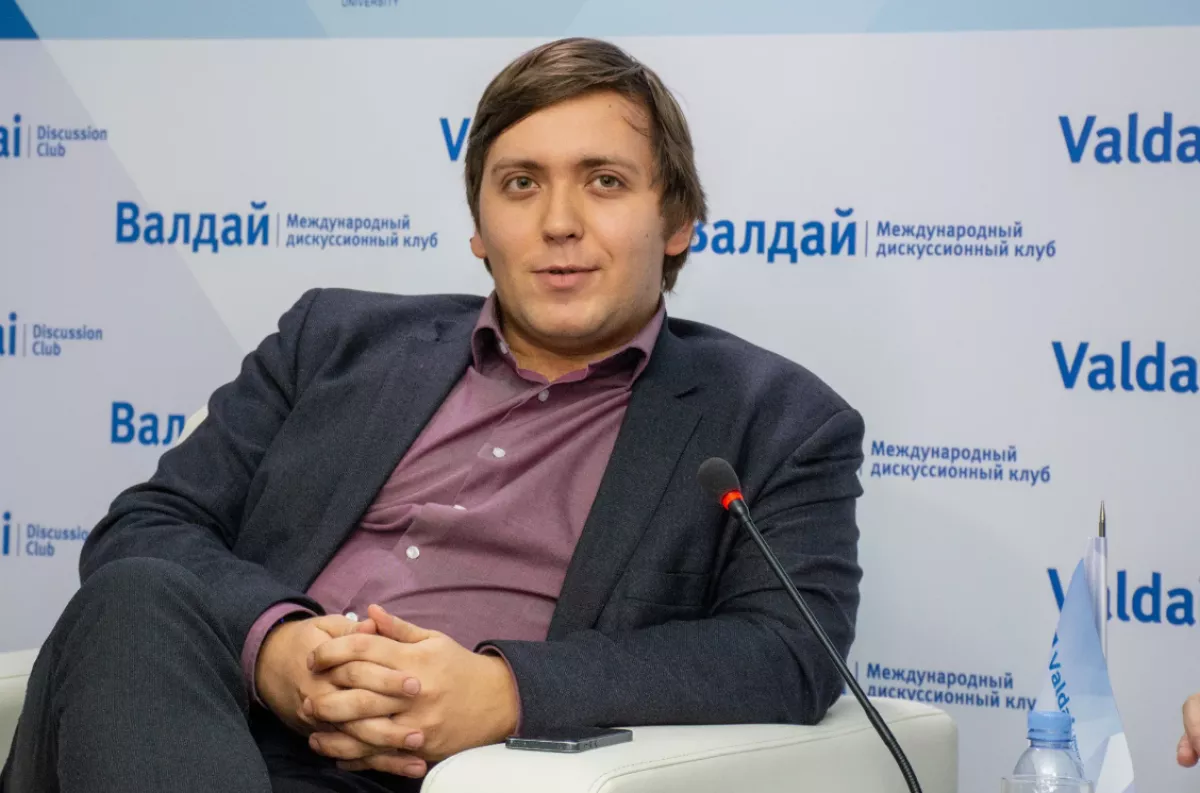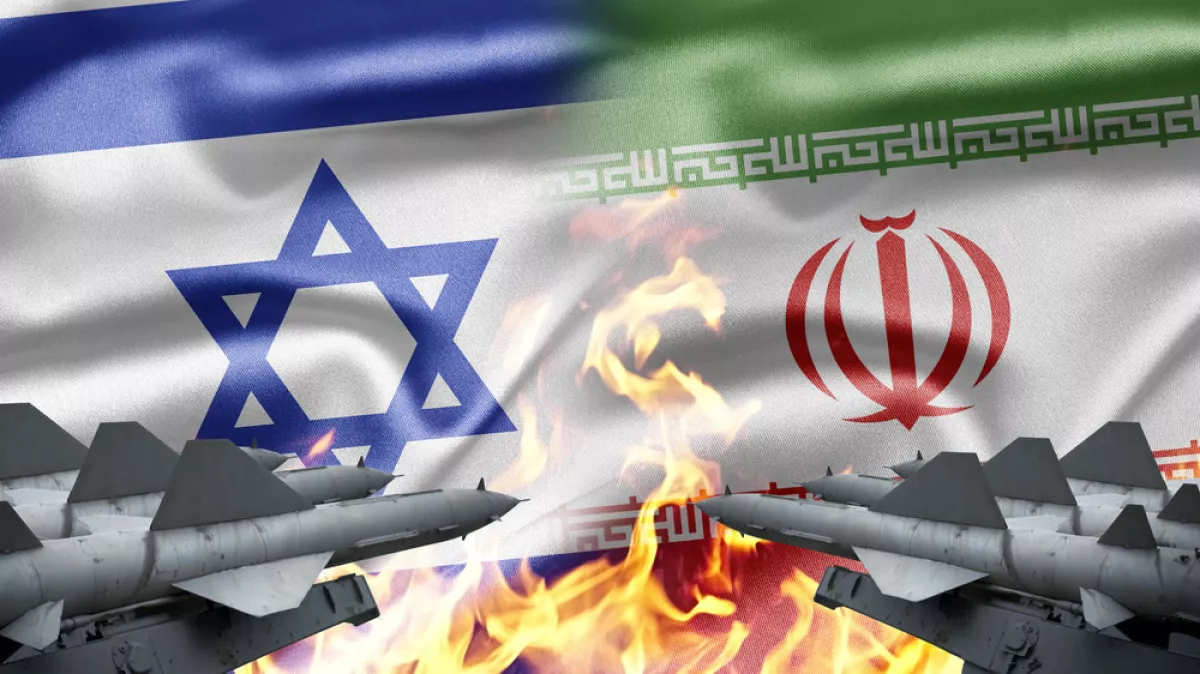Israel committed to eradicating Iranian proxies on the ground Expert insight
An interview with Russian-Israeli expert Konstantin Pakhalyuk for Caliber.Az.

— Iranian President Masoud Pezeshkian stated that Israel's agreement to a ceasefire in the Gaza Strip and Lebanon could influence Tehran's decision on retaliatory measures against the Jewish state following the attack on October 26. What do you think Israel will do? Is this deal likely to happen?
— This deal has been pushed on Israel for a long time, but its current position is to do everything possible to eliminate Iranian proxies on the ground. There’s no point in agreeing to a ceasefire to prevent an Iranian attack. Previous attacks have not been particularly effective, and during the retaliatory strike, Iranian air defence was severely damaged.
— So, the war will continue?
— Israel intends to pursue the war until both security issues in the north and south are resolved: Hezbollah in the border areas and the very existence of Hamas. However, a key question for settlement is what the political parameters of peace will be. To put it simply, who will pay for the reconstruction of the Gaza Strip, and what role will the Palestinians themselves play in that process?
— What do you think?
— I still hope that it will be possible to establish a sort of international consortium (which is essentially what Netanyahu's plan for Gaza envisions) consisting of participants in the reconstruction efforts who will both invest and profit from it.
— Could the results of the elections in the US have any impact on this?
— Strategically, a change of 180 degrees is unlikely. However, Trump is more pro-Israel.
— Do you think he might start a war with Iran if he is elected?
— Iran is not looking to engage in a large-scale war; it will avoid that. Right now, its goal is to steer clear of conflict while somehow preserving the remnants of its proxies and influence. In my view, Tehran will still strive to avoid escalation, just like Israel.

— Is the US interested in continuing the escalation in the Middle East?
— I don’t see any reason why they should be interested in that.
— Who benefits from the turmoil in the Middle East?
— Initially, Hamas needed the conflict to ensure that the deal between Israel and Saudi Arabia wouldn’t undermine their “power business.” However, the situation hasn’t unfolded as planned, as we can see. Overall, a larger conflict benefits Russia, as it overstresses the U.S. and allows Russia to strengthen its position in the Islamic world.
— I see. How much longer do you think the war in Gaza will last?
— I don’t make predictions, as a civilian expert cannot forecast military actions. All we know is that counterterrorism and counterinsurgency wars can last a long time.
— And finally, do you foresee a military confrontation between the US and China over Taiwan if Donald Trump is elected president?
— I would like to believe in the rationality of both players.








